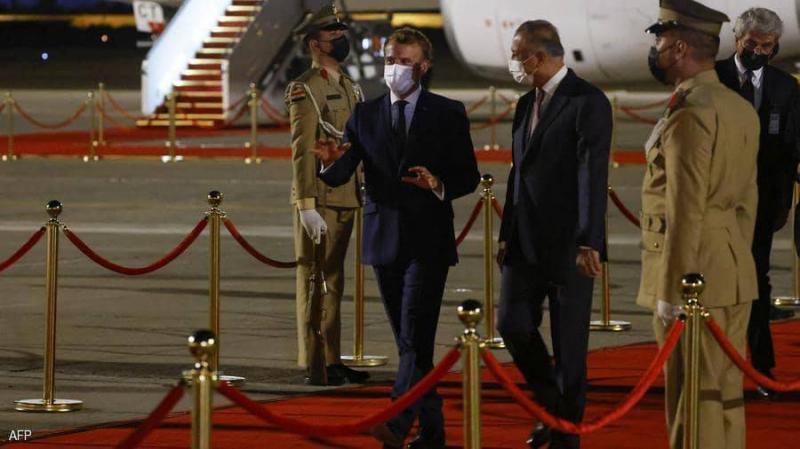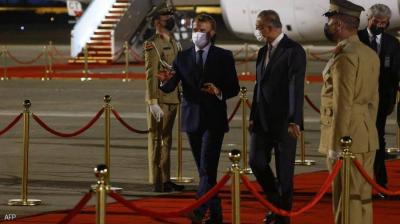The Iraqi capital, Baghdad, will host a "Neighbors Summit" on Saturday, with wide international participation, aiming to restore Iraq's relations with its Arab and regional environment, as well as reduce diplomatic tensions in the area. Representatives from Saudi Arabia, the UAE, Kuwait, Qatar, Egypt, Jordan, Turkey, Iran, and France will attend, alongside the Arab League, the Gulf Cooperation Council, and the Organization of Islamic Cooperation, according to the Iraqi Foreign Ministry. Observers agree on the importance of holding this summit amid the current tense situation in the region, underscoring Iraq's potential to play a pivotal role under Prime Minister Mustafa al-Kadhimi's government.
**Regional Shift Towards Diplomatic Engagement**
Mohktar al-Moussawi, a member of the Iraqi Parliament's Foreign Relations Committee, noted that the summit's significance lies in the regional countries’ desire to activate their diplomacy and the confluence of needs to address ongoing conflicts and improve relationships after a long period of stagnation. He mentioned the regional movements aimed at revitalizing relations and closing the chapter on past disagreements that have caused confusion.
He also pointed out Iraq’s interconnected issues with neighboring countries, specifically with Turkey, emphasizing the need to organize matters and agree on outstanding issues like the Sinjar case and the repeated border bombings, achieved through dialogue and good faith from both parties.
The summit aims to enhance partnerships and projects with participating countries, as the nature of crises and challenges in the region provides real opportunities for collaboration, according to official statements. Establishing a common ground for understanding between the Arab and regional axis concerning Iraq, and narrowing the gaps in disagreements, would create a positive environment, as such regional summits are rare, according to observers.
**Gains for Iraq**
Mohannad al-Azzawi, head of the Saqr Center for Studies, emphasized that the summit is part of a broader strategy to activate Iraq's foreign policy, expected to yield benefits for restoring Iraq’s regional role. However, its success hinges on various factors, including Arab-regional consensus and discussions about a possible Arab regional roadmap.
Al-Azzawi emphasized the importance of keeping Iraq out of factional conflicts, which negatively impact the political, security, and social climates within the country. Observers note that Baghdad has made serious efforts to break free from the politics of alliances through its recent regional role, while also addressing current and potential challenges related to political and military transformations in the region amid the U.S. withdrawal from Iraq and the reduction of its forces.
Moreover, there is a crucial need to strengthen the negotiation path among Arab and regional countries in light of current and future political and security challenges.
Parliament members stressed the importance of focusing on the outcomes of the summit and maximizing benefits for Iraq. Others discussed the need to bind future governments to any agreements resulting from the summit between Iraq and other states.
**Government Change Will Not Impact**
In this context, Iraqi MP Yonadam Kanna expressed that "changing the current government or maintaining it does not prevent the implementation of the summit's outcomes, especially as it aligns with Iraq’s need for stability and calm." He added that if the governments are national-oriented and advocate for Iraq’s rights, they will undoubtedly prioritize the country's interests.
Kanna stated that "activating Iraqi diplomacy will be a positive development in the current phase, and it should play a crucial role in relations with other countries, reflecting quickly on security, economic, and other issues."




